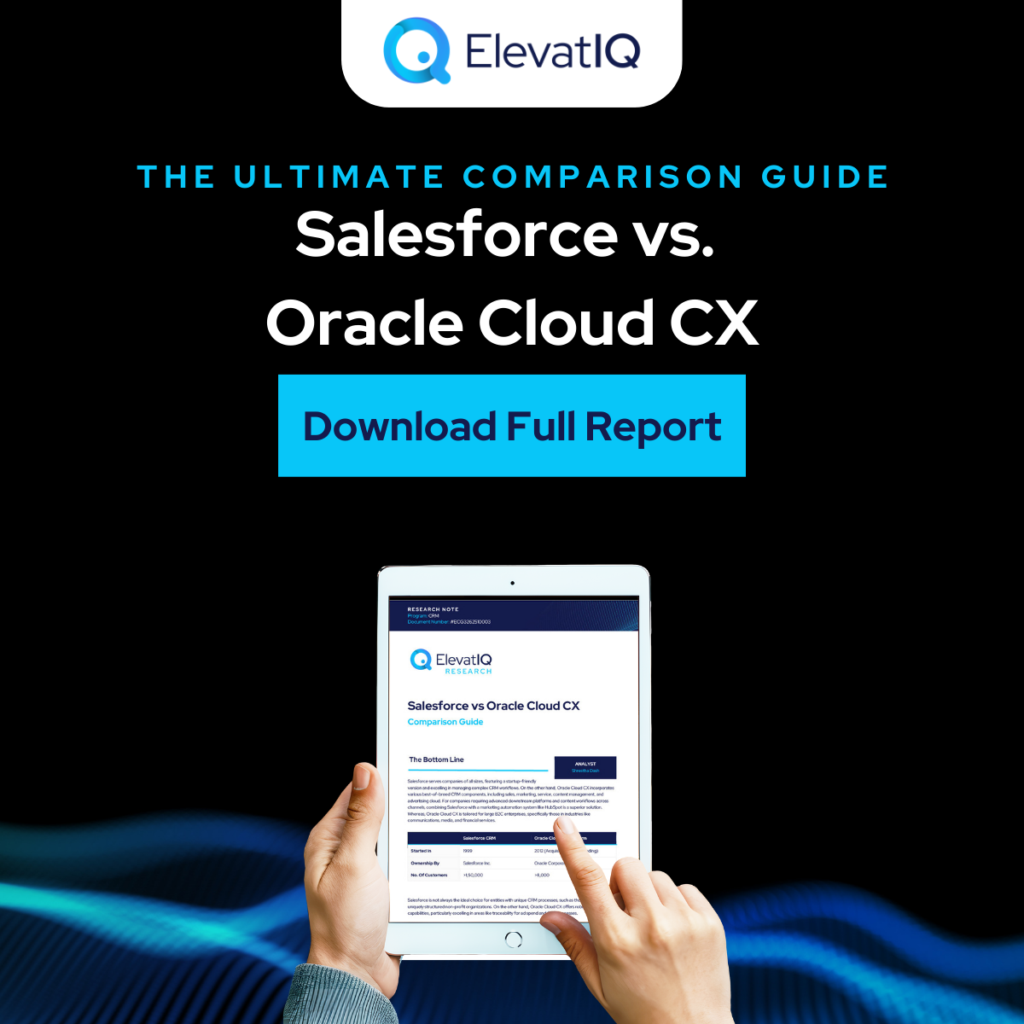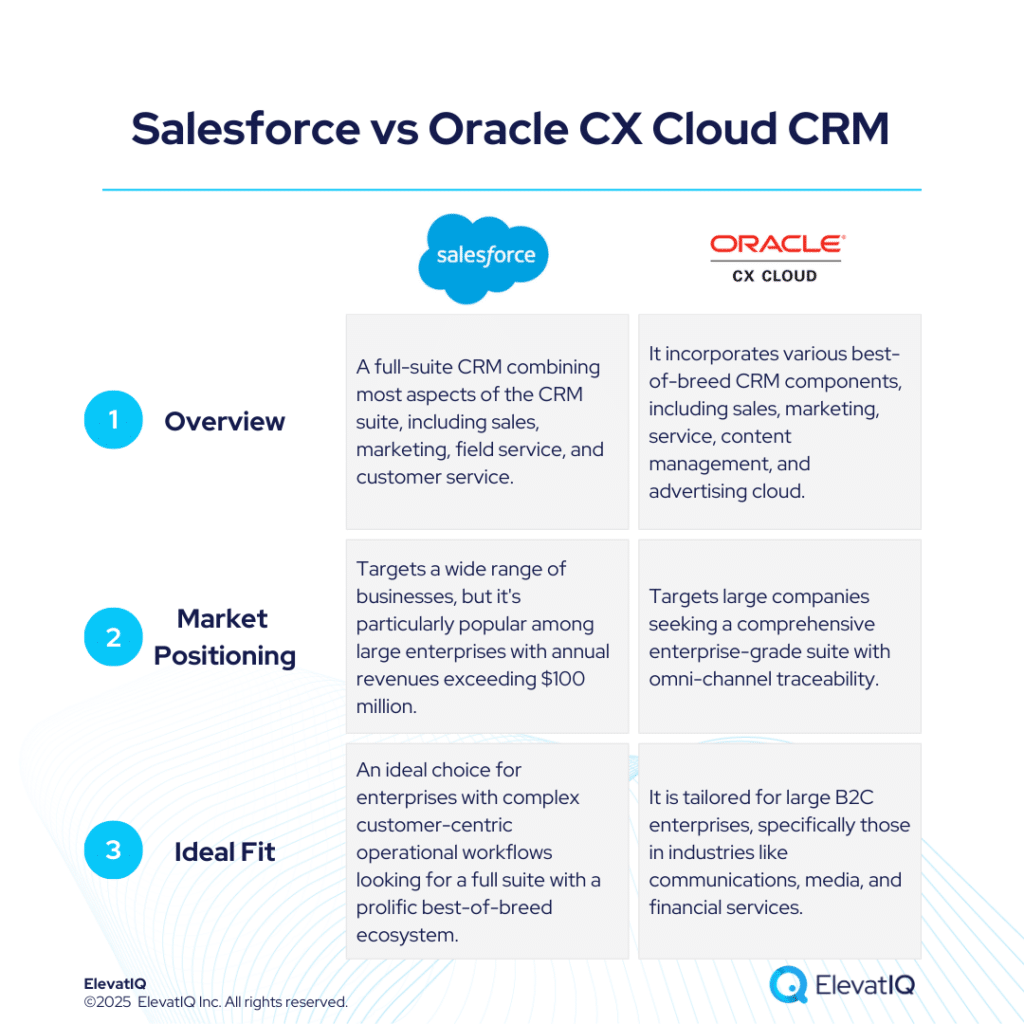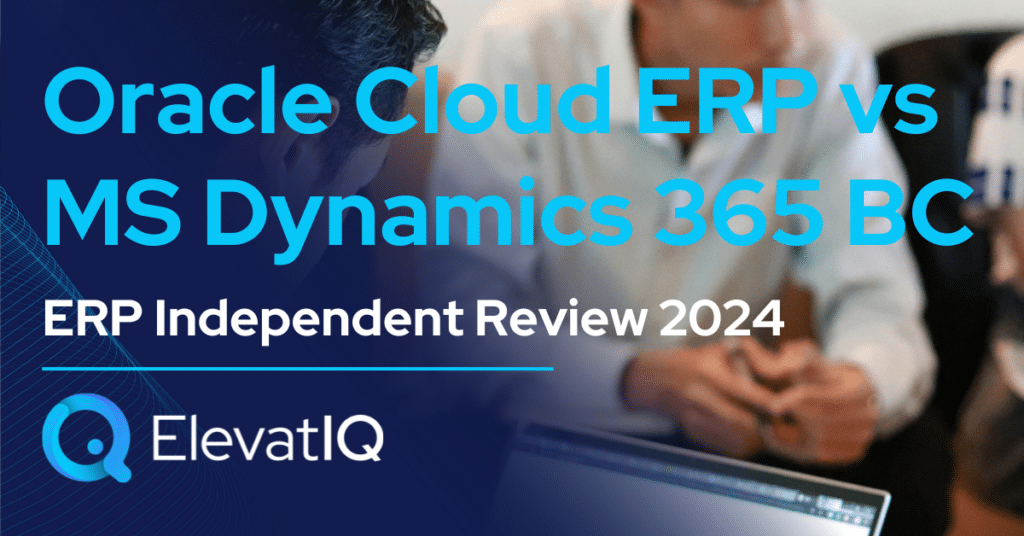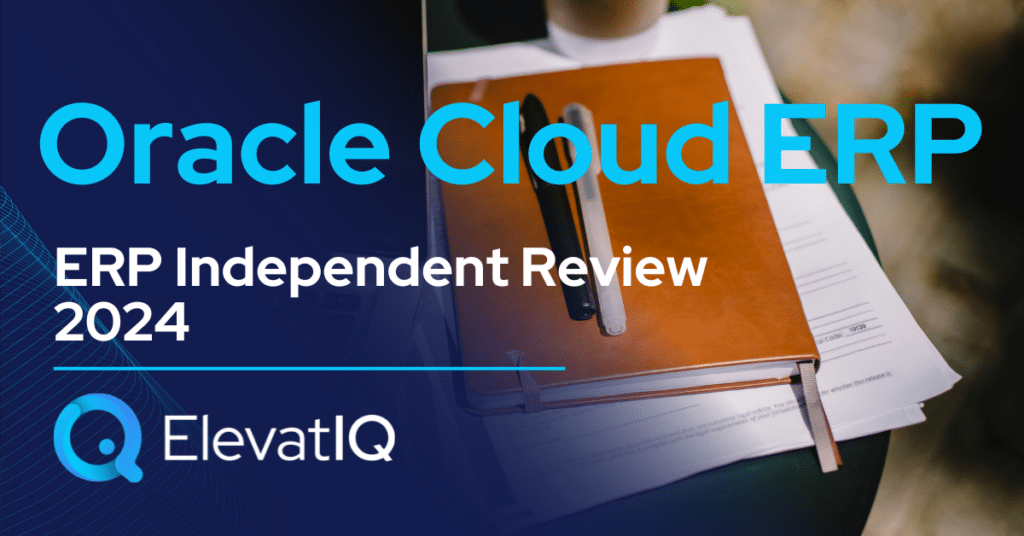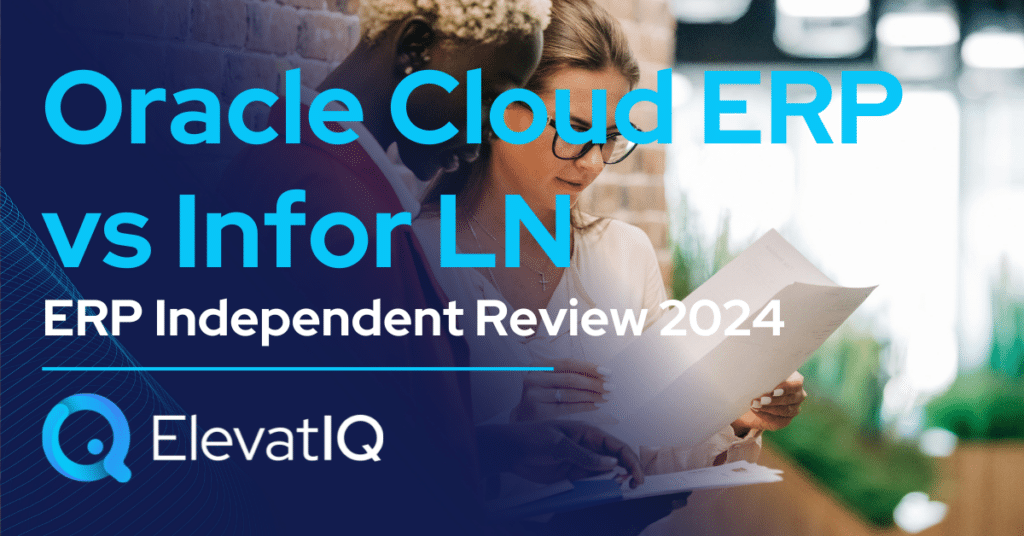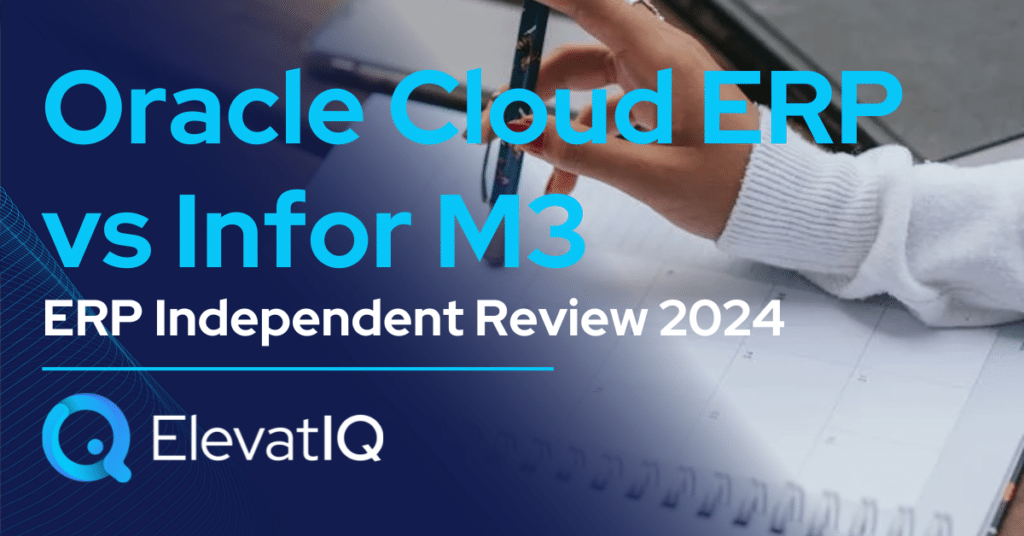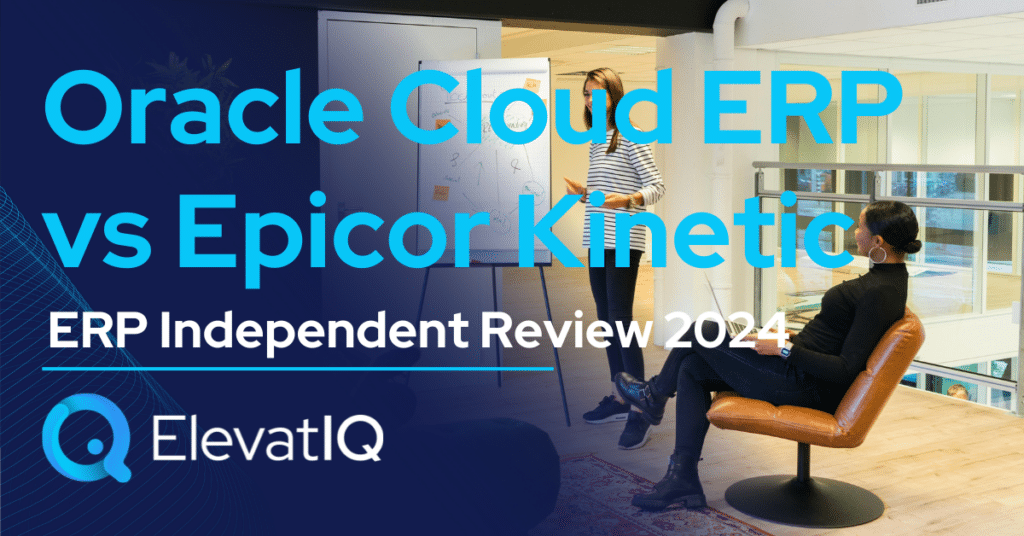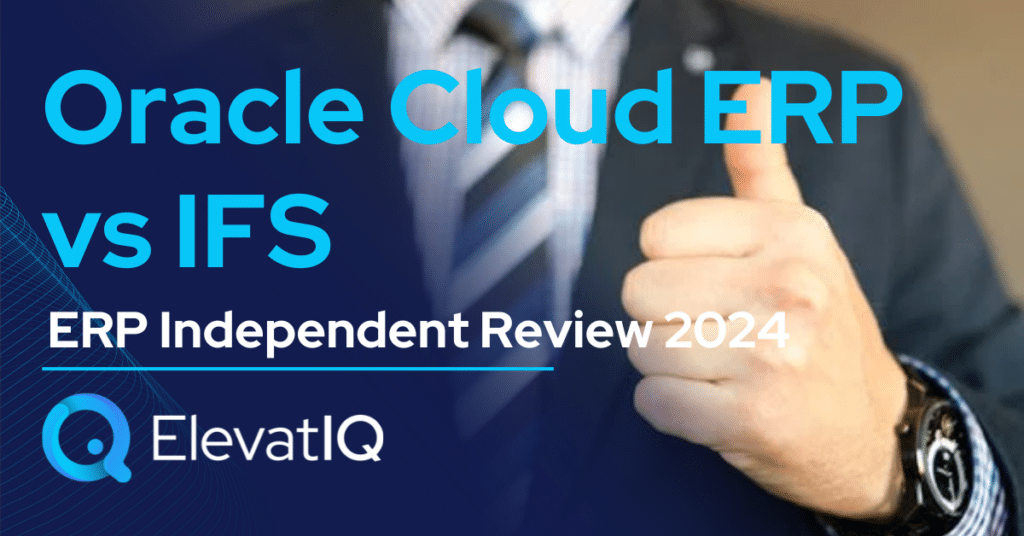Salesforce may not be the best fit for organizations with unique CRM structures. Real estate companies or niche non-profits often face limitations. Oracle Cloud CX, meanwhile, shines in specific areas such as ad spend traceability and CPQ processes. Both platforms offer a complete suite of CRM tools—Sales Cloud, Marketing Cloud, Field Service, Customer Service, CPQ, and CDP. Oracle Cloud CX brings strong enterprise-grade capabilities in marketing automation, ad tracking, and digital asset management. Still, it lacks the ecosystem depth and integration ease that Salesforce has with SalesTech, MarTech, and data vendors. As a result, it’s not typically the first choice for vendors looking to integrate with a CRM.
Salesforce and Oracle Cloud CX both offer powerful eCommerce features within their CX suites. Despite this, Salesforce maintains a larger market share in both CX and eCommerce. Still, both platforms often need considerable consulting support to tailor workflows to fit specific needs. Neither offers the low- or no-code customization commonly found in CRM solutions aimed at smaller businesses.
To better evaluate the strengths and trade-offs between Salesforce and Oracle Cloud CX, the next section explores their features in greater detail.
What Is Salesforce CRM?
The Salesforce platform is especially strong in handling enterprise workflows across pre-sales, sales, and post-sales stages. While it may not be the best fit for industries with niche CRM structures—like real estate or specialized non-profits—it delivers deep functionality for standard enterprise processes. Salesforce also provides ready-to-use business object layers, reducing the need for extensive custom development. Its strong presence in headless commerce and digital experience tools further supports its role as a reliable enterprise CX platform.
How well does your organization’s CRM strategy align with pre-configured industry workflows? Are you looking for a platform that minimizes custom development or one that can mold to highly specific business structures? How important is integration with modern commerce and digital platforms in your CRM roadmap? To explore how Salesforce compares to Oracle CRM across these dimensions, download the ultimate Oracle CRM vs Salesforce comparison guide now.
What Is Oracle Cloud CX Platform?
Oracle Cloud CX brings together several advanced CRM components. These include tools for sales, marketing, service, content management, and advertising. It is designed with large B2C enterprises in mind, especially in sectors like communications, media, and financial services. However, the discontinuation of Oracle Commerce has narrowed its relevance for certain industries. Oracle’s recent acquisition of Cerner signals a deeper shift in focus—toward healthcare and high-data workloads.
How might Oracle’s shifting priorities impact long-term support for its CRM tools? Is your organization in an industry still fully aligned with Oracle’s evolving CX roadmap? Could a move toward healthcare and analytics affect the future functionality available to customer experience teams? For a closer look at how these trends affect your options, download the ultimate Oracle CRM vs Salesforce comparison guide now.
Salesforce vs Oracle Cloud CX Overall Comparison
Salesforce offers a powerful, layered data structure ideal for complex customer-centric workflows. Oracle Cloud CX, meanwhile, delivers strong enterprise-grade tools for sales, service, and analytics. Both provide extensive customization options, though Oracle often requires more technical expertise. While Salesforce leads in ecosystem support and third-party integrations, Oracle offers robust territory and compensation planning capabilities.
Which CRM better matches your team’s operational complexity? Does your business need tighter marketing integration or more advanced incentive planning? Are your existing systems more compatible with Salesforce’s ecosystem, or does Oracle’s enterprise depth align better with your industry? Understanding these trade-offs is crucial. Download the ultimate Oracle CRM vs Salesforce comparison guide now to explore which solution aligns best with your business needs.

Salesforce vs Oracle Cloud CX Module Comparison
Both platforms come with a wide range of features aimed at companies seeking comprehensive suites. This comparison highlights the unique strengths of Salesforce and Oracle Cloud CX across several key areas. It provides insights to help businesses make informed CRM decisions. The section breaks down features across four main modules: marketing, sales, customer service, and e-commerce.
Marketing
Salesforce and Oracle Cloud CX both offer strong marketing features, though they take slightly different approaches. Salesforce provides marketing capabilities through its Marketing Cloud, including tools for content creation, SEO, social media, email marketing, and analytics. However, some of these tools may require additional technical support or third-party integrations. Oracle Cloud CX, through its Oracle Marketing Cloud, offers a rich content management system, automated campaign features, and robust integration with social media platforms. Its analytics tools deliver detailed insights into campaign performance and customer behavior, making it a solid choice for large enterprises with complex marketing needs.
What specific marketing capabilities matter most to your team—content creation, automation, or analytics? Do you prefer a more intuitive interface or deeper customization and control? How important is it that your CRM integrates easily with existing tools and platforms? To explore these differences further and find the best fit for your business, download the ultimate Oracle CRM vs Salesforce comparison guide now.
Sales
Salesforce and Oracle Cloud CX offer strong sales features, but with different strengths. Salesforce provides detailed lead management, customizable sales pipelines, and email tracking within its CRM. It also includes built-in tools like Chatter for team collaboration and features for meeting scheduling. Oracle Cloud CX, on the other hand, includes broad lead management capabilities and supports sales process visibility from start to finish. While it doesn’t include standalone email tracking, it integrates well with Oracle Marketing Cloud. Collaboration is supported, though meeting scheduling may require additional configuration.
How important is native email tracking for your sales team? Do you need built-in scheduling tools, or can those live outside your CRM? Are you looking for a platform that handles everything internally, or one that integrates well with other systems? To better understand how these platforms compare and which aligns with your business goals, download the ultimate Oracle CRM vs Salesforce comparison guide now.
Customer Service
Salesforce and Oracle Cloud CX both offer strong customer service capabilities. Salesforce includes tools for case management, live chat, automation, and omni-channel support through its Service Cloud. It’s designed to streamline service operations and enhance the customer experience. Oracle Cloud CX, through Oracle Service Cloud, offers similar strengths. It supports robust ticketing, live chat, AI-driven support automation, and consistent service across multiple channels. Both platforms are built to help businesses manage customer interactions more effectively, though they vary in how these features are implemented and integrated.
Do you need built-in AI to drive faster service resolutions? Is omni-channel support a top priority for your team? How do your current systems handle case routing and customer communication? These are key questions to consider when comparing the two platforms. To get a full breakdown of the differences and find the right fit for your business, download the ultimate Oracle CRM vs Salesforce comparison guide now.
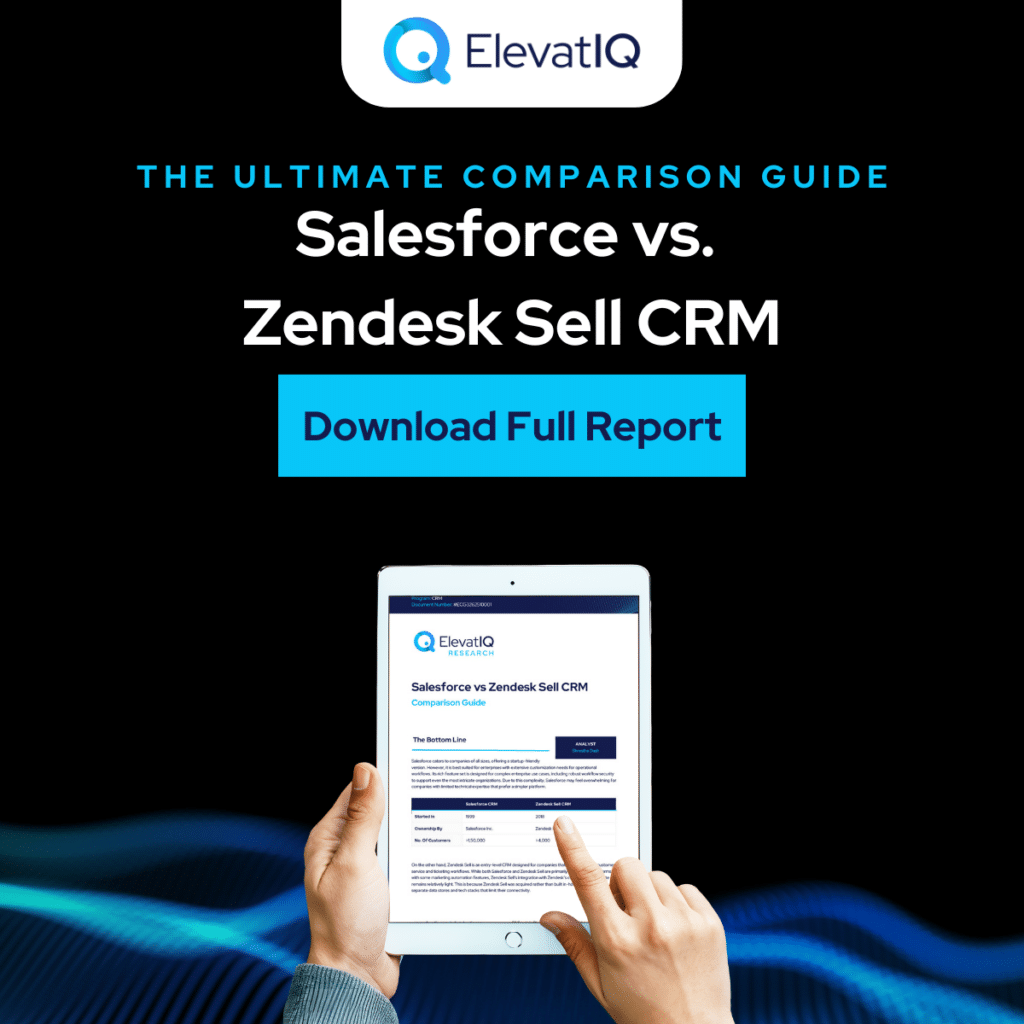
E-commerce
Salesforce and Oracle Cloud CX both deliver key e-commerce features, but with different strengths. Salesforce supports product catalog management and personalized shopping through its Commerce Cloud. It also helps businesses manage orders and fulfillment directly within the platform. Oracle Cloud CX, on the other hand, provides robust tools for catalog organization and integrates with Oracle Order Management Cloud for smoother fulfillment. It also emphasizes tailored shopping experiences, using customer data to deliver relevant recommendations and content.
Which platform aligns better with your current fulfillment setup? Does your team need deeper integration with ERP systems, or more flexibility in catalog management? How important is delivering personalized experiences to your online customers? These are critical questions to ask as you evaluate your options. Download the ultimate Oracle CRM vs Salesforce comparison guide now to explore the full comparison in detail.
Salesforce vs Oracle Cloud CX Pros
Salesforce and Oracle Cloud CX each bring strong capabilities to the table. Salesforce is known for its robust data model, enterprise-grade security, and flexibility for complex use cases. It also offers a wide ecosystem, making it a fit for diverse industries. Oracle Cloud CX, meanwhile, stands out with its integrated field service workflows and advanced CPQ tools—especially for telecom and media. It also excels in ad-spend tracking, giving businesses deeper insights into customer behavior across marketing platforms.
What level of data model complexity does your business require? Is ad-spend tracking a key priority for your marketing team? Do you need a CRM with embedded field service tools, or more flexibility in workflow customization? These are the types of questions that can help narrow down your options. Download the ultimate Oracle CRM vs Salesforce comparison guide now to get the full breakdown.
Salesforce vs Oracle Cloud CX Cons
Salesforce, while flexible for ad-hoc workflows, can be expensive to customize and often requires additional support. Its data model may not be as intuitive as others, like Microsoft Dynamics CRM. On the other hand, Oracle Cloud CX brings together several systems under one platform, but this can lead to a more complex and less streamlined user experience. It may also require significant change management and doesn’t always meet the needs of B2B post-sales processes.
Is your team prepared for the level of customization and consulting support these platforms might demand? How important is seamless ERP integration or post-sales workflow support to your operations? Are usability and user adoption key priorities in your CRM selection process? These considerations can help guide your CRM decision. Download the ultimate Oracle CRM vs Salesforce comparison guide now to explore these factors in greater detail and make a more informed choice.
Download the Full Research Report
